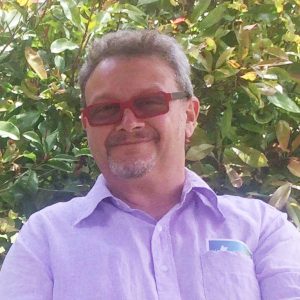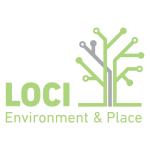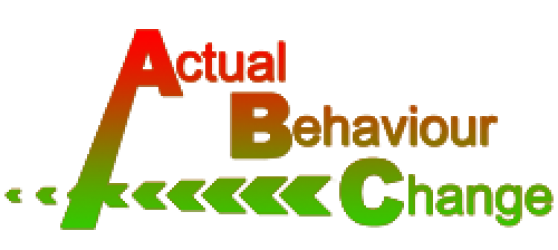About
Today’s work environment is dynamic and seemingly in constant flux. In the workplace we are stretched by demanding stakeholders and markets. We are encouraged to be responsive and adaptable, not only in our core service provision but also to community concerns about environmental sustainability, diversity and social responsibility.
Actual Behaviour Change draws on powerful new ways of understanding social, organisational and personal dynamics that were developed by Dr Geoffrey Binder during his PhD. This research examined how everyday practices affected the outcomes for a “sustainability showcase” master-planned community. This saw the development of new ideas and insights into the widely documented problem of the values / action gap – there is a gulf between what people like to do and what they actually achieve (i.e. the vision for the “sustainability showcase” did not materialise).
The ideas that came from this research underpin Geoffrey’s teaching of Master of Environment students at the University of Melbourne and are used to provide new insights and, importantly, strategies for actual, measurable, behaviour change.
In 2019 Geoffrey and the rest of the teaching team at the Office for Environmental Programs received the University of Melbourne Award for Excellence in Education for Sustainability (a strategic priority award). The office has led education in environmental sustainability at Melbourne for 20 years through multi- and inter-disciplinary teaching drawn from nine of the 10 faculties. The program has pioneered teaching innovations at Melbourne through embedding scenario-based role-playing activities, flipped classrooms, real-time student interaction and action teaching. We have changed the way students understand, but more importantly, act, to solve the pressing environmental and sustainability issues of our time.
There is an age old saying in business: “If you can’t measure it, you can’t manage it”¹.
This begs the question, when it comes to change within an organisation or in the way it does its business, what is it that we need to measure? We can set targets and goals, but these do not guarantee change. Similarly, vision statements and policies do not guarantee change. And as for typical training seminars and workshops, well you’ve likely tried these!
Actual Behaviour Change uses a newly developed understanding of innovation (change) within and between organisations that focuses, uniquely, on the day to day practices that animate organisations.
Practices – “business as usual” – provide certainty that the job gets done. Bureaucracy works! But rarely do we take into account the fact that people tend to want to do tomorrow what they did yesterday. This feature of the human condition means that people are naturally resistant to change. No one set out to be deliberately “unsustainable”.
We’re just starting to come to terms with the idea that unsustainability is a feature of what people do on a daily basis, mostly, without thinking about it. Worse, even if we do think about our unsustainability, this often doesn’t change behaviour – there is by nature a values/action gap.
Actual Behaviour Change has cracked open this conundrum. We understand what enables business as usual, how to disrupt it, and crucially, how to transform it.
¹While this idea is flawed, it nevertheless points to the need to carefully define what constitutes a measure of change. This is what baseline measurements do, as opposed to simplistic proxies for success. (See Liz Ryan’s piece in Forbes: ‘If You Can’t Measure It, You Can’t Manage It’: Not True)

Dr Geoffrey Binder heads Actual Behaviour Change. He has been working in, and teaching, behaviour change for several years.
You can find Geoffrey on The University of Melbourne’s “Find an Expert” Page.
Geoffrey draws on a multidisciplinary approach, to develop new transdisciplinary frameworks for achieving change for greater environmental sustainability. These underpin the work of Actual Behaviour Change.
Geoffrey works with a team of experts to deliver change programs to government, business, other organisations and individuals. Through LOCI he is a member of the Urban Well – a team of environmental consultants that specialise in Better Best Practice on legacy projects.

Many of Geoffrey’s publications can be found at Research Gate.


